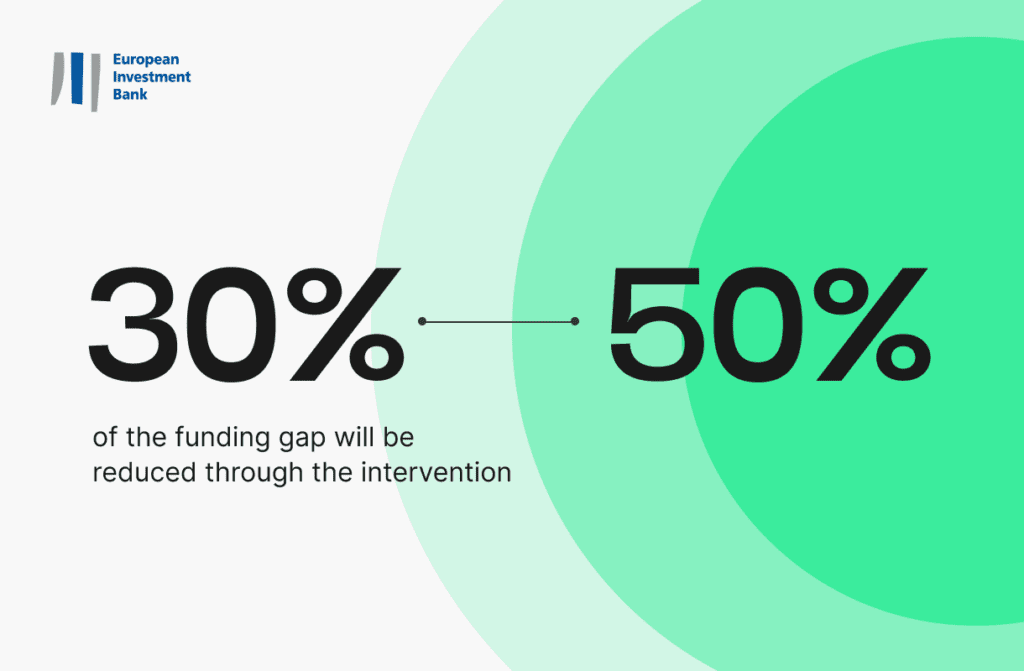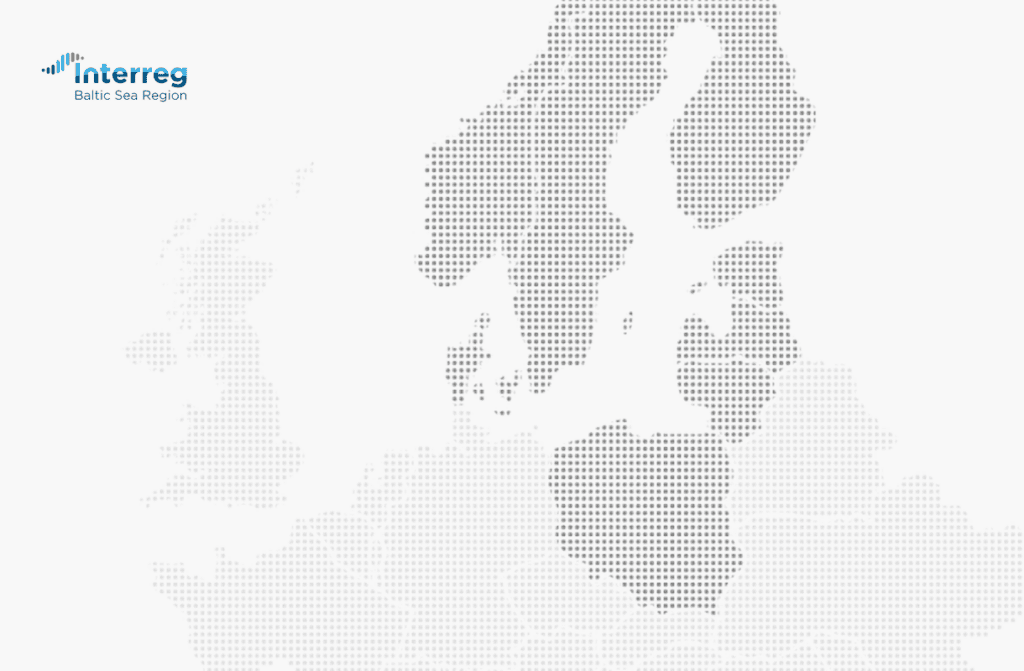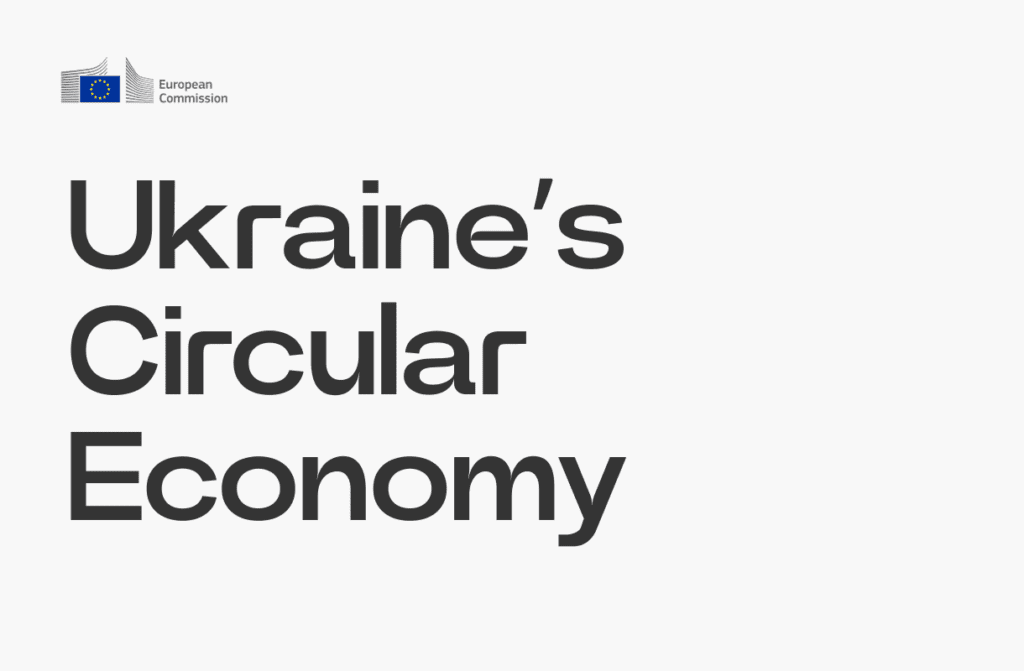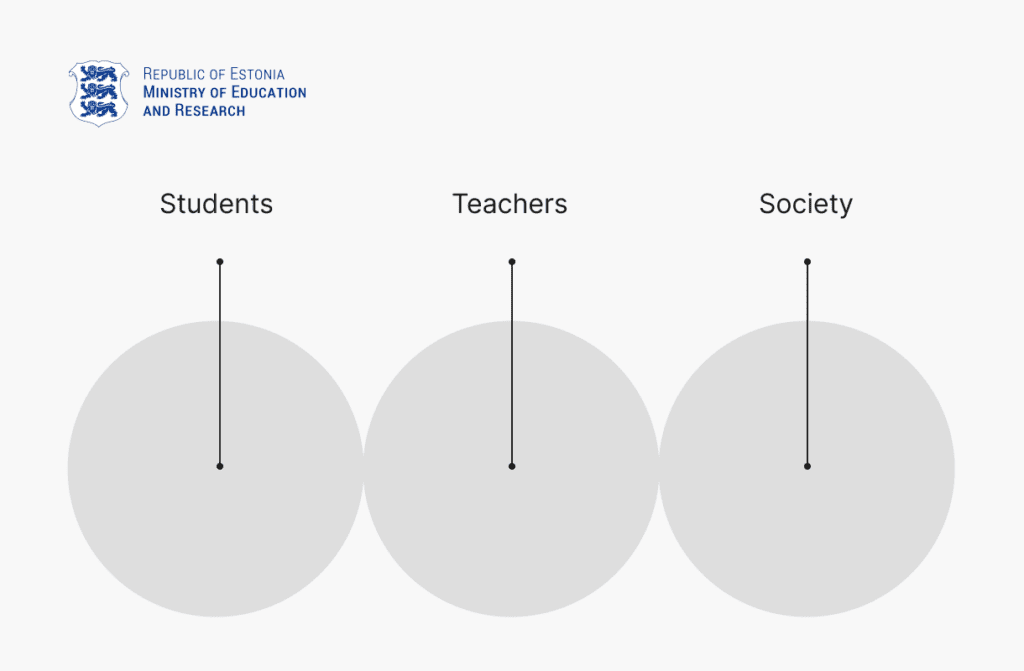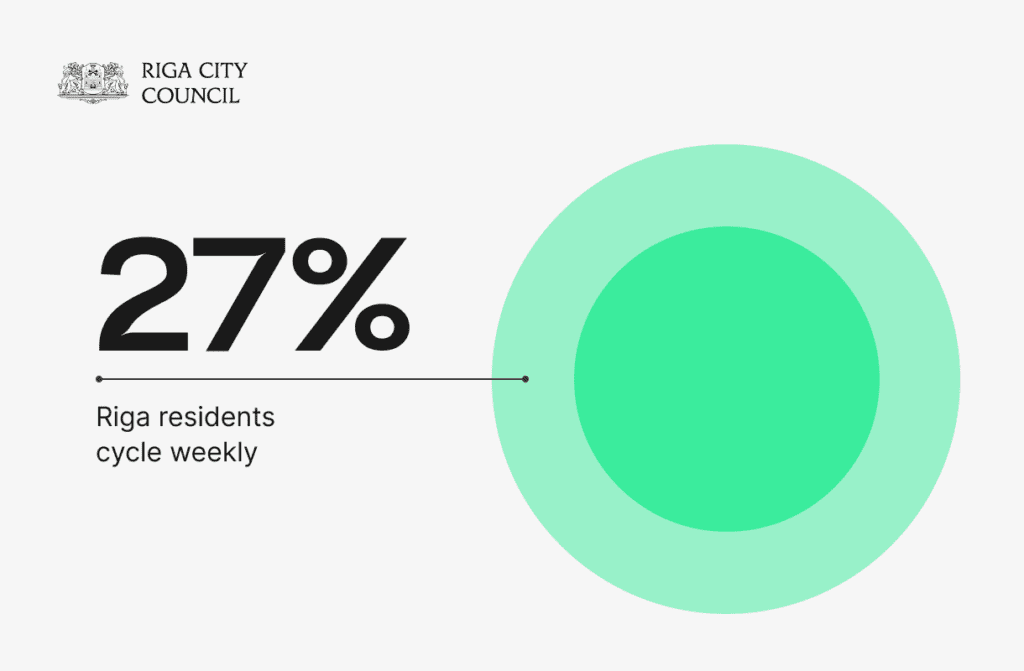USAID AGRO — Advancing Local Economies with Megacommunities
Client
USAID AGROThe background:
Ukrainian SMEs in the agricultural sector have low competitiveness due to the absence or low level of cooperation between entities to solve common problems in small or medium-sized communities in the target regions of Ukraine.
USAID AGRO aims to accelerate the economic development of rural Ukrainian communities through a better-governed agricultural sector.
The project aims to foster collaboration among local communities by piloting the megacommunities approach. This initiative, designed to build strong ties between regional stakeholders, will select and implement cooperation projects in several pilot territories. These projects, in turn, will pave the way for local economic development in rural communities across Ukraine.
Aim of the project:
The Megacommunity Approach, a truly unique tool for local development in Ukraine, stands as a testament to our project’s innovative nature. It represents an advanced joint economic and business development method tailored for communities and companies operating in specific subsectors or value chains.
This concept, a fusion of inter-municipal cooperation and collaborative business alliances, is poised to enhance economic opportunities for all parties involved, including the stakeholders.
In the post-war context, working together to recover and develop effectively is crucial. This is why we’re piloting the Megacommunities approach. By understanding the methodology, algorithms, and potential issues, we can scale best practices and improve local economic recovery and development through effective collaboration.
Services provided:
- Conducting open calls and carefully selecting communities by analysing applications, conducting interviews, and visiting fields.
- Performing a detailed analysis of value chains in communities, mapping out stakeholders, and identifying key bottlenecks that need to be solved in the sector.
- Creating a roadmap for the development of selected sectors in megacommunities.
- Conducting online and offline training sessions and study tours focused on local economic development tools for local authority representatives.
- Providing consultations for local businesses.
Project results:
The consortium, which consisted of Civitta, EasyBusiness, and Berman Group, conducted a thorough analysis and testing of the project. They verified that the megacommunities concept works in Ukraine. This was achieved by creating three potential megacommunities and supporting them in developing collaborative, local economic development programs consisting of multiple projects that extend beyond the core municipal territory. Additionally, they started a collaborative network covering two larger municipalities with common interests in sheep breeding and initiated public-private collaboration in successful municipalities at different maturity levels.
The team also verified and updated the process, criteria, and preliminary requirements for identifying potential megacommunities. They highlighted the most critical issues that need to be addressed when supporting and facilitating the development of megacommunities. Furthermore, they spread the concept and its advantages to a vast audience in Ukraine.
The project team also conducted several educational events for community representatives, including online training on field research that 35 people participated in. After the training session, they obtained skills in conducting surveys in communities. Additionally, 98 people participated in at least three out of four training sessions on the online course “Resources for Local Economic Development: EU Integration, cooperation, investments” and received certificates. Participants rated the course an average of 4.78/5. Furthermore, 12 people passed an offline training session in Ivano-Frankivsk. The offline training on project development aimed to develop and improve the project ideas of community representatives.
The project’s most significant achievement was developing a roadmap for sheep breeding in the Carpathian region. This document comprehensively describes the current state of the sheep breeding ecosystem in the area and provides specific recommendations for projects that should be implemented to develop the industry.


